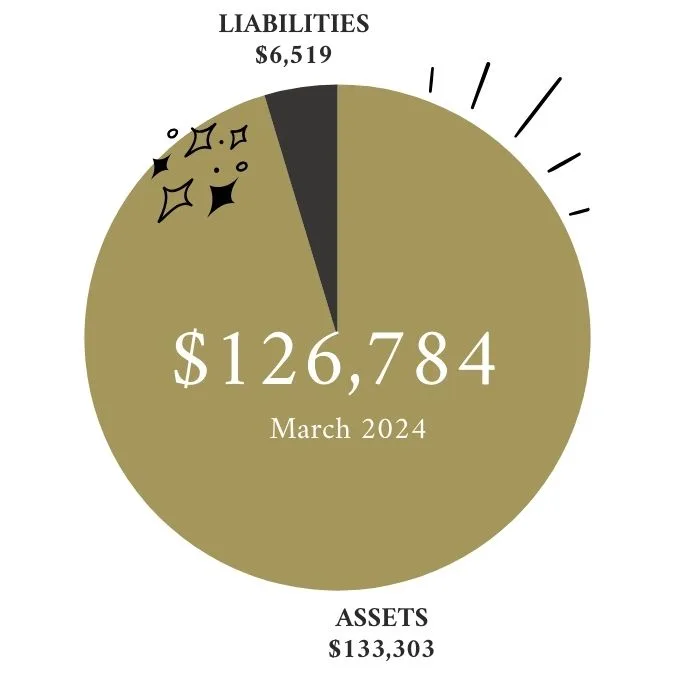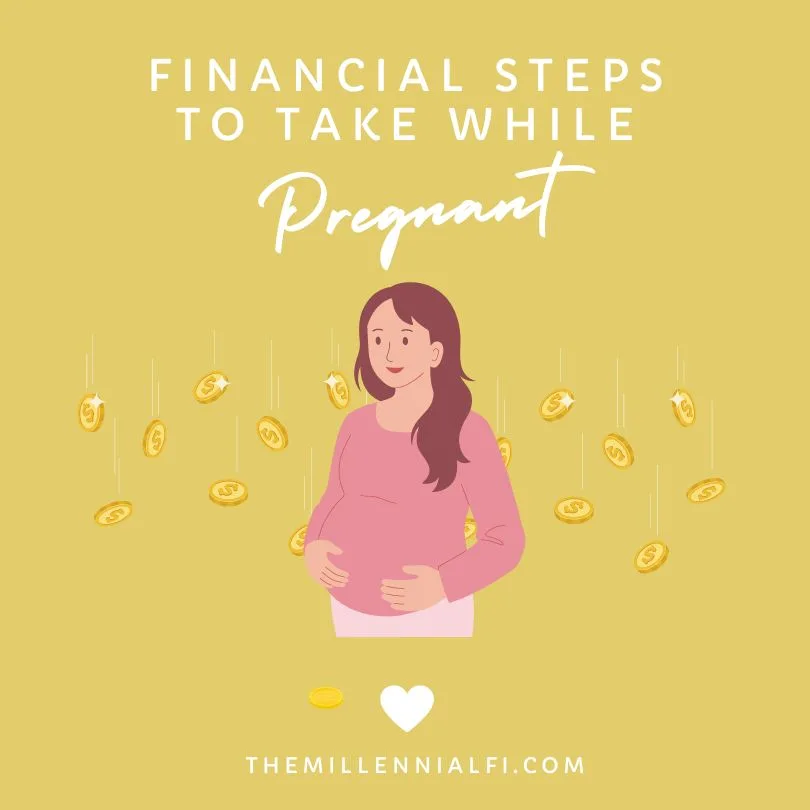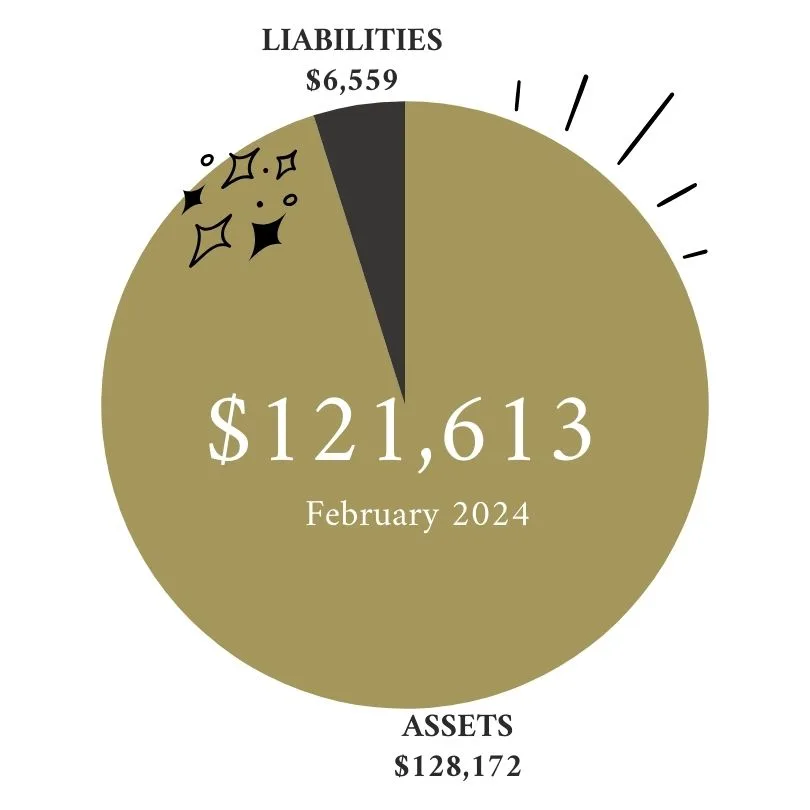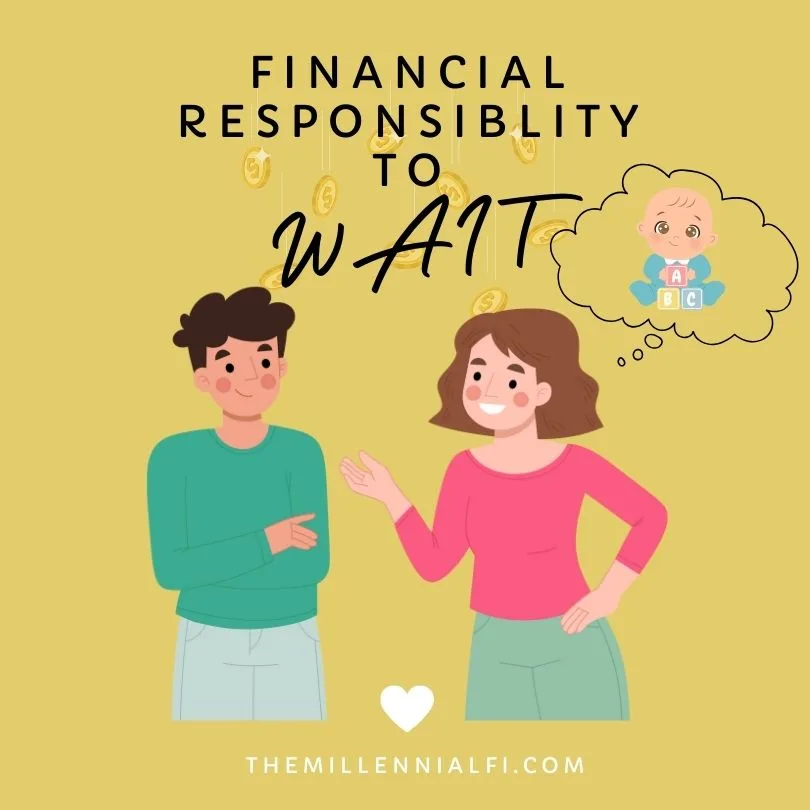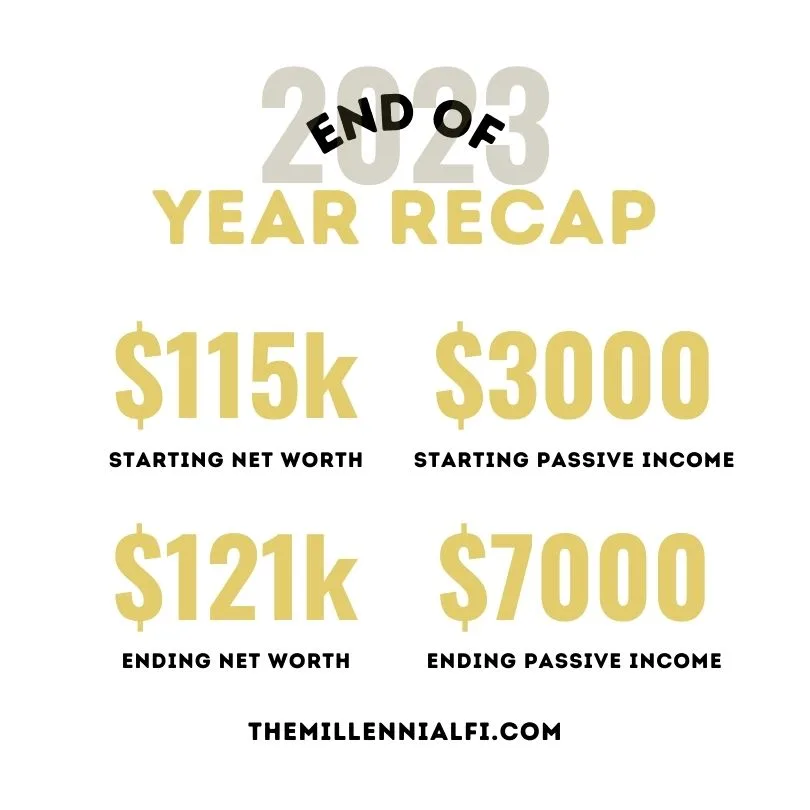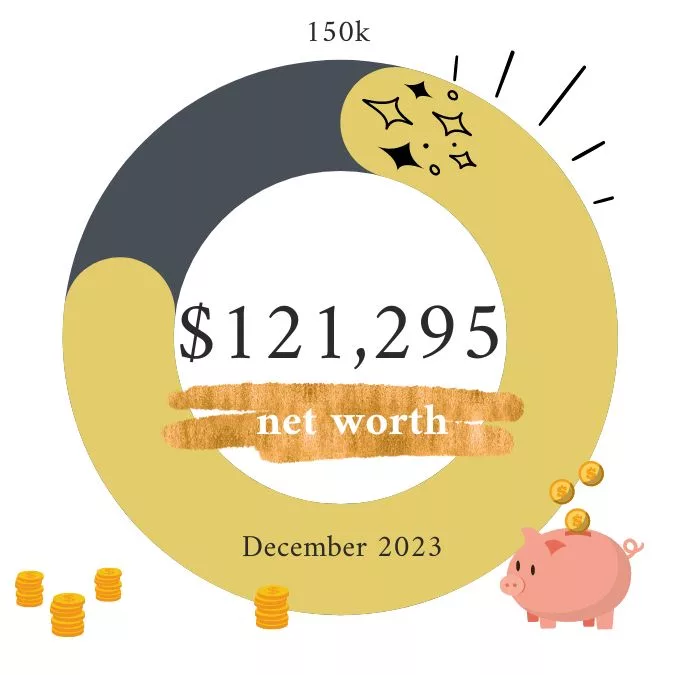Are you bleeding money? No? Are you sure? 💸
Excess spending is anything above and beyond absolutely necessary. It’s so easy to spend in excess but can be difficult to realize until it’s too late. In this post I want to focus on areas I see many Millennial cohorts spending way too much in. Don’t worry, I’m guilty of excess spending too.
Minimizing spending to maximize saving. Penny pinching and doing more with less are all a way of life, an art, that everyone can learn at least a little bit from. While I don’t believe in cutting so much that it takes away from enjoyment of life, I do try to decide if a purchase is a need or a want. Even if it’s not a large expense, those seemingly small purchases add up.
For example, Jim thinks going down the street for a coffee doesn’t add up. Jim does this each day before work and spends about $5. That’s $150 a month or $1800 a year! Oh the cost of caffeine addiction.
Side note, my husband and I are not coffee drinkers. We’re saving thousands over our life for not needing a “fix” to be human in the morning. 🎉🎉
Recently one of my friends bemoaned me with the notion that the answer to their financial woes was just to make more money. There is a large portion of us today that believe the same sentiment. If only we could just get that 5% raise or make senior partner at their company, it would solve everything. As a society, we need to stop wasting time on “if only” and work with what we have right now. The answer is right in front of us. Living within our means is easier to achieve than relying on chance to win the lottery or strike gold. I followed this principle even when I didn’t have any means to “live within”.
It doesn’t have to be some outrageous raid on our bank statements either. There are simple spending mistakes we can fix today that will make a lasting impact.
TV
One of the most obvious is TV and subscription services. Yes, older Millennials still pay for TV just like our parents. Yes, younger Millennials have one too many subscriptions.
Let’s be real here. TV is not a good outlet. Think of all the time we waste watching it and all the money that just goes down the drain when we don’t. Not only are we harming our health, we’re also harming our financial future. The less we watch, the less bang for buck we get. The more we watch, the more it negatively impacts our health.
I realize most people are hung up on HGTV or the next fire reality show. But you know what? If we don’t watch, the world still goes on. Sometimes we focus so much on external things that we neglect our own wellbeing.
Instead of watching TV, we could go for a walk, clean up, or start a new hobby that excites us. Because at the end of our life, will we really be proud of or reminisce about the time we spent twiddling away on the sofa? The answer is no.
Did you know the average household spends $217 per month on their cable bill? That’s in addition to other excess spending. No wonder our generation is $200 away from not making rent! (And that was before COVID.) For someone earning the federal minimum wage of $7.25, that means it not only costs $217 of their hard earned dollars but nearly 30 hours of their life each month. That’s also in addition to whatever time they spend screen worshiping. Time is something no one can ever get back. All that and for what? So we can sit around and zone out after we get home exhausted from having to work to pay that exact bill.
Do you see the cycle here? We did this to ourselves but we don’t have to let it be our reality.
Cut the cable bill.
Older generations already blame us for the death of their beloved TV companies. Help you, help yourself. You matter more than a monopolistic conglomerate.
Just FYI $217 a month comes out to $2,604 per year. That could be put away for a rainy day to help meet health insurance deductibles or unexpected car repairs.
SUBSCRIPTIONS
What always astounds me is that on top of that cable bill, so MANY of our generation also pay for subscription services like Netflix, Hulu, Prime, HBO and Disney+. Just pick one or two. What good is it to pay for multiple subscription services when we can only watch one at a time? I actually posed this question to some of my financially strapped friends and the answer is always the same. Each service gives them access to different things they can’t have on the other. Cool. What if we just rotate the subscriptions then?
I am one of the only people I know that only pays for Hulu when the new season of Handmaid’s Tale premieres. After it’s over, I cancel the service. Why? There’s nothing else they have that’s good enough to make me stay around longer than that.
Compare each service and determine which one is actually worth keeping. How much would you save if you cut the others?
PHONE
Cellphone bills always get under my skin. One of my past coworkers proudly announced they owed $120 a month for their cell phone bill. Stop. We don’t need to pay a lot to get the same service. When it comes to cell service, higher prices do not equate to better quality. This is coming from someone that grew up miles outside the city where one side of the house was out of service range and the only internet option was DSL.
I lived for years without a phone and when I finally had one, my bill was $10 per month unlimited calls and texts to US, Canada, and Mexico. I didn’t need data, that’s what wifi is for. Now with the pandemic, we’re almost always 100% connected to wifi. We don’t actually need data.
2017 was the year I finally switched services and activated data and until this day the most I’ve ever used is 5GBs when I was traveling in Japan. Normally I consume less than one GB per cycle. That means my cell phone bill is typically less than $40 per month tax included. Could it be cheaper? Hell yes. But I have chosen to keep the service specifically because I need it while traveling abroad as it comes at no extra cost. A fellow classmate paid $10/day while in Japan.
Imagine going from a $120 cellphone bill to $50. That’s $70 a month/$840 per year. Enough to cover a whole years worth of car service and maintenance and still have a bunch left over.
FOOD
Millennials, we’re so guilty of this. Can you blame us? We love brunch. Specifically eating out and prepared food. At our highest, my husband and I spent around $960 a month on food. Totally not proud of it. It was the dead of summer, we were both pulling over time at work and were DONE at the end of the day. We ate out SO much that when we didn’t lifestyle creep determined that – yes, we need that spicy sopressata.
Gaining control over this sector of spending was the most difficult thing we have ever done and still fail occasionally. We love trying new things and many ingredients can be on the higher end. Smoked Salmon anyone? It’s so easy to just put something in the cart when we see it or to just not cook at home at all. But we did it, we cut back to $400/m which is still high for my personal taste but I refuse go back to the days when we didn’t know when we would eat. When we had $20 to spend for a week of food for two people.
Determine what’s right and healthy for you and follow that. Hint $20 a week is NOT healthy but one does learn a bunch of tricks to maximize the budget…If I ever see another can of peas, it’ll be too soon.
KEEPING UP WITH THE JONESES
This is such a toxic thing for our society and generation. We watch so many of our friends waste away their life earnings trying to be “posh” and follow trends. Just because our bestie bought a huge house doesn’t mean we should. Just because our brother bought a new car doesn’t mean we should. And just because our phone isn’t the latest model, doesn’t mean we need to upgrade and trap ourselves into another two year contract we can’t afford.
I don’t know who needs to hear this but it’s okay. We don’t need the new phone, shoes, or clothes. We don’t need to subject our financial lives to ruin to “keep up” with the crowd. Following that spending mindset doesn’t make anyone closer to financial independence.
Similarly, under this mindset, I often see fellow cohorts bragging about living in $1400 studio apartments downtown. We all know they’re only bring in net $1900/month, they’re not fooling anyone. It’s understandable though, we also once had the desire to live downtown just blocks from the university but you know what? We stayed within our means, renting a 900sq ft apartment two blocks further for only $500. It’s called being financially savvy and anyone can practice it.
Let’s face it, not all Millennials live in their parents basement. In fact, last year we bought a home after paying $750+/m in rent for years. Only 33% of our millennial friends remain at home and mostly because it helps them and their parents to cost share. In most cases, there’s always a cheaper alternative. We don’t have to rent an apartment out of our budget and don’t buy a home we can’t afford.
For example, we could have bought a home worth 280k but we ended up with a home worth 165k, well below budget. One of the first comments one of our millennial friends made was that it was a “cute starter home”. We’re not spending more than it takes to own this house. Period. Our earnings are better used elsewhere than trying to buy a bigger one later on. We don’t seek bigger or better. Small lifestyle sacrifices add up and when one comes from homelessness, any roof over our head sounds good. Being picky not only would ruin our financial life but would set us up for failure when the bills catch up. So let’s not do that.
“The Joneses” also apply to cars.
Consider the fact that many people only keep their car for about 6 years and are taking out 5+ year loans on them. I’ll admit car shopping can be fun but to do it every 6 years when the vehicle is still perfectly fine? That’s a problem. Someone is always going to have a newer, shiner, faster car. That’s okay. No one really wants to pay the insurance premiums on that kind of car anyway.
When it comes to cars, let someone else eat the cost of driving it off the lot. If one must have a car, buy it used. Don’t buy a junker because they’re a waste of money without mechanic skills. But also don’t buy something so expensive that it hurts to make the payment each month. These are the main lessons I’ve learned watching others attempt to keep up with the Joneses.
Tell me, what are some expenses you can cut and what lessons have you learned in excess spending?



